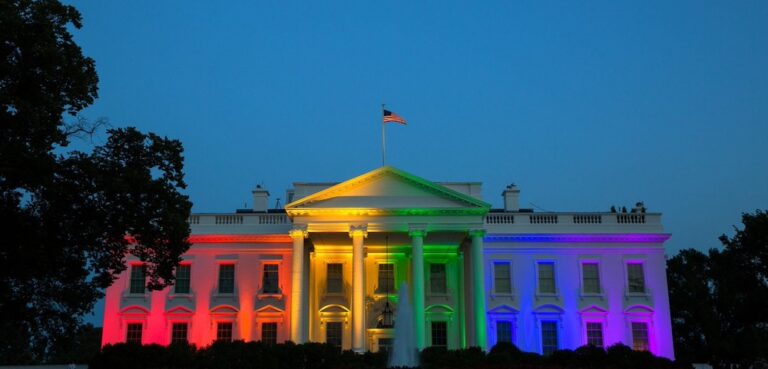
A new direction for marriage
Last Saturday’s Melbourne rally for equal marriage could be counted a success, with around 2500 people turning out. But support elsewhere was more muted.
Perhaps that’s because the focus of the campaign is on marriage, when the real aim is equality.
Is it possible to have equality without marriage? People might be willing to grant us any form of relationship recognition equal to marriage, so long as we don’t call it marriage. So why not accept ‘functionally equivalent’ civil unions?
Because having one law for the straight and one law for the gay is to write inequality into law, leaving us worse off than we are now. They might as well tattoo ‘2nd Class’ on our foreheads.
South Africa and the American South have taught us that such ‘separate but equal’ laws may be fine in theory but are never equal in practice.
Such alternative partnership schemes only make sense as an additional option for those — gay or straight — who prefer not to marry.
But how to get what we want? Because these rallies have now achieved about as much as they are going to. The campaign needs a radical rethink.
A year of action ahead of the election is good, but people need other ways to show their support. Keep up a continuous rolling program of imaginative actions, after the manner of ACT-UP, for the street activists. But armchair supporters need their forums too.
And the campaign needs to reach a much broader range of Australians. Where are the big businesses and business associations? Where are the major philanthropic organisations? Where are the professional associations, the architects, doctors and lawyers? Where are the sympathetic churches, mosques and synagogues? The sporting associations?
And names. It’s great to have Sir Ian McKellen and Dannii Minogue coming out in support. Big names are the best way to get press and TV coverage, and without that, what’s the point of a major public event? But where were all those high profile ‘most influential’ out gay Australians on Saturday? Did anyone try to persuade them?
And politicians. Who is working with the gay groups within the main parties on detaching sympathetic Labor and Liberal members and senators from their party lines and getting them to make supportive statements and public appearances?
If the polls are right, and around 60 percent of Australians support equal marriage, there should have been 10,000 on the streets of Melbourne on Saturday (we can let Sydney off the hook because you were too busy chasing Jessica Watson, though I have to wonder why the opportunity to hijack her pink carpet was wasted), and a couple of thousand more in every capital city.
The fact that there were not shows that so far the campaign is failing to capture the broad range of goodwill and support that’s undoubtedly out there.
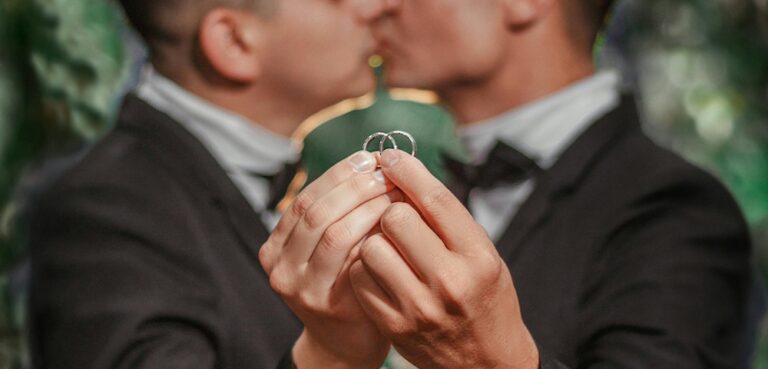
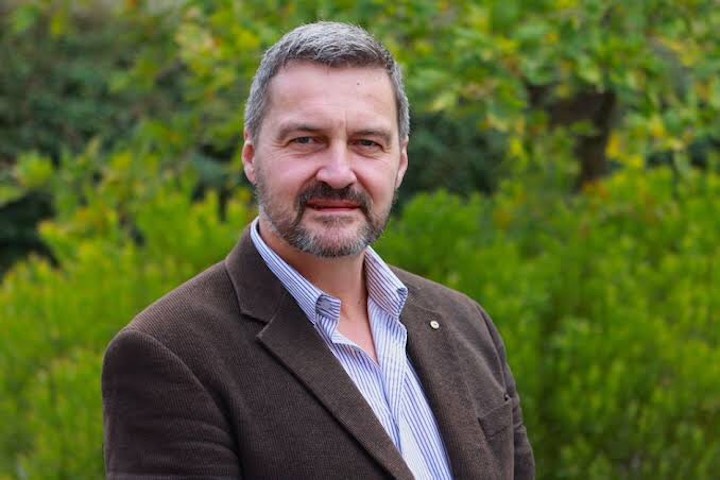

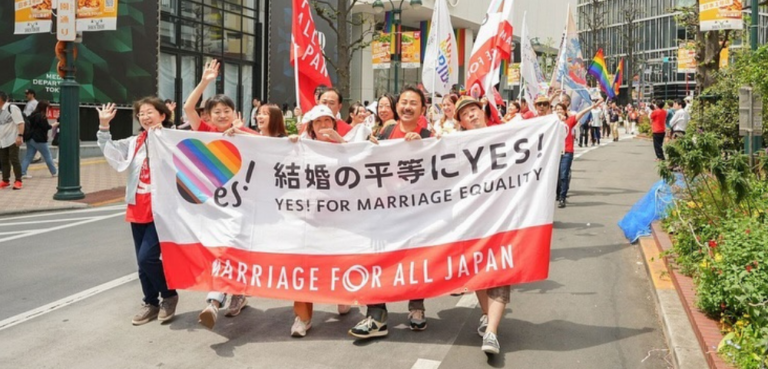

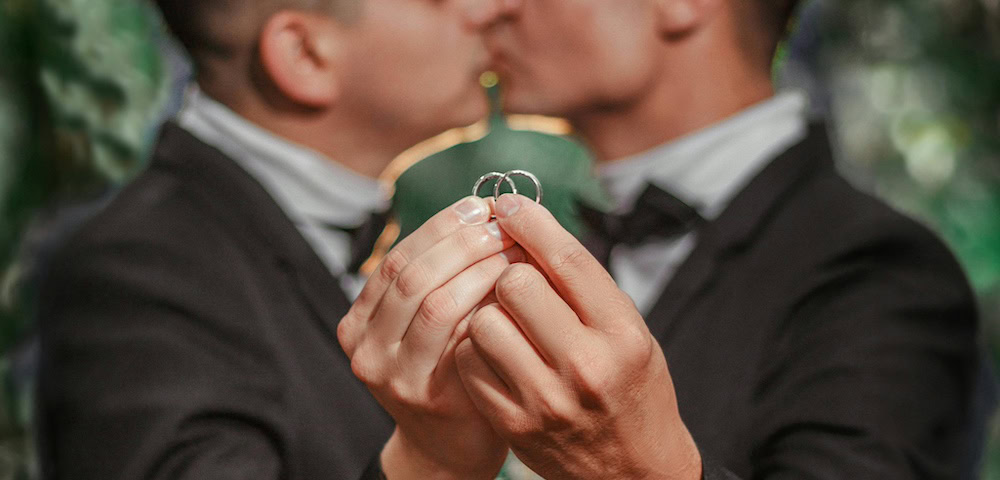
“South Africa and the American South have taught us that such ‘separate but equal’ laws may be fine in theory but are never equal in practice.”
And hence South Africa counts itself as one of the countries that now offers full equal marriage. When discussion of separate schemes came up, the whole South African community quickly realised the lessons of the past, & did not allow aparteid to start up again in their country. So they had no other moral choice than to grant same sex couples access to FULL equal marriage.